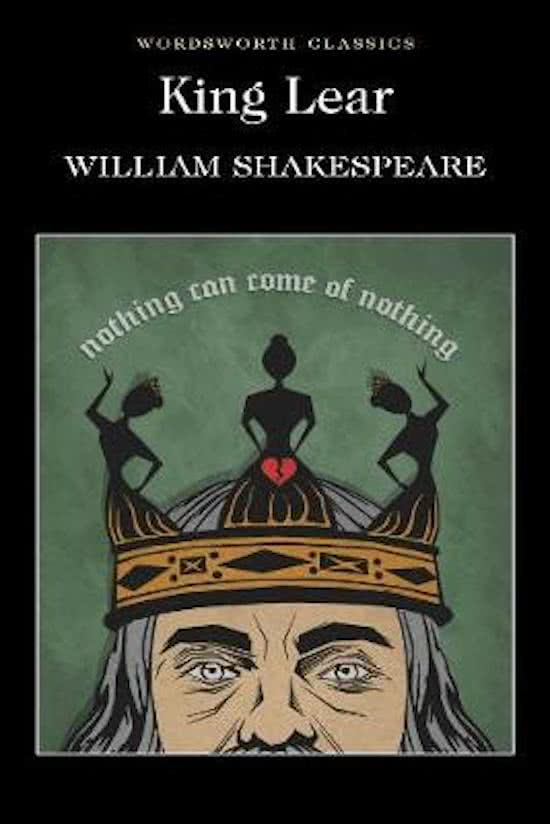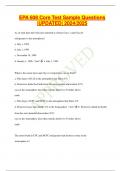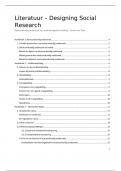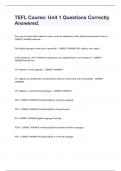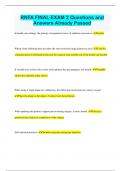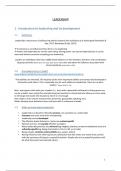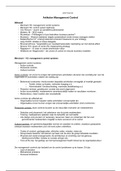Shakespeare’s king Lear questions the definition of blindness, exposing it as not just a
physical flaw but as a metaphorical and mental flaw too. The 16th and 17th century
society was governed by a feudal system and dominated hierarchical structure in
which the divine Right of Kings was unquestioned. Yet, Shakespeare’s decision to tackle
the issue of patriarchal monarchy and debunk the concept of the King’s Divine Right’ by
portraying the King as powerless and lacking identity through his mental blindness
proves shocking to the audience. Act 1.4 illustrates Lear’s metaphorical blindness as
insanity as Shakespeare highlights the difficultly in transitioning from the top of the
wheel of fortune to bottom. He is subject to the fools scathing jests, such as ‘May not
an ass known when the cart draws the horse?’, even after threatening the fool with
whipping. This paradoxical circumstance conveys the fool as mocking Lear’s inability to
see that the normal order of society has been inverted. Unknown to Lear his lack of
sight leaves him powerless, causing his feelings to be rendered objectless, inducing a
wild chaos of the brain and a conflicted idea of the self, making him question his own
identity. Most pertinent is that this inverted dynamic is a microcosm for the entire play.
Usually for Shakespeare, the King and The Fool share a lot of stage time and by doing
so the playwright fittingly encourages the audience to comply with this severe inversion
of society and view the role of the Fool as important as Lear. Thus, the fool serves to
not only open Lear’s eyes to the truth, but also the audiences, that authority is
irrelevant if you are blind to the truth. This is amplified by Robert Armin development
of the fool in the play from William Kemp’s boisterous, natural idiot to the philosopher-
fool, a high-comic jester more interested in intellectual approaches, causing the
audience to view the Fool as being able to see better than Lear. Our understanding of
this is heightened by Bente A. Videbaek’s claim that the Fool’s jesting ‘shows deep
compassion and understanding of the human condition’, creating a striking
contradiction to Lear.
Lear’s lack of identity is seen clearly as he asks, ‘Doth any here know me? This is not
Lear: Doth Lear walk thus? Speak thus? Where are his eyes?’ Whilst his string of self-
interrogative questions conveys at once the remorse and indignation he feels over
misplacing his trust in Goneril, outlining an improvement his ability to ‘see’ his true
identity, this is diminished as Shakespeare’s choice of syntax serves to shows him to be
dependent as if incapable of finding his identity by himself. It is also striking how closely
he associates the ability to see clearly with a strong sense of self-identity: with no
‘eyes’ there is no ‘I’. Lear’s reference to himself in the third person severs Lear the
character into two ‘Lear’s’, one with eyes and the other without. Ernst Kantorowicz’s
theology of the King's body politic is of particular interest as the distinction between
the body political and the body natural is strong in mirroring Lear creating an invisible
division of himself and gravitating toward imagining himself to be excluded from, cast
out of, the other’s interior. Yet, despite Lear’s attempt at externalising the Lear without
physical flaw but as a metaphorical and mental flaw too. The 16th and 17th century
society was governed by a feudal system and dominated hierarchical structure in
which the divine Right of Kings was unquestioned. Yet, Shakespeare’s decision to tackle
the issue of patriarchal monarchy and debunk the concept of the King’s Divine Right’ by
portraying the King as powerless and lacking identity through his mental blindness
proves shocking to the audience. Act 1.4 illustrates Lear’s metaphorical blindness as
insanity as Shakespeare highlights the difficultly in transitioning from the top of the
wheel of fortune to bottom. He is subject to the fools scathing jests, such as ‘May not
an ass known when the cart draws the horse?’, even after threatening the fool with
whipping. This paradoxical circumstance conveys the fool as mocking Lear’s inability to
see that the normal order of society has been inverted. Unknown to Lear his lack of
sight leaves him powerless, causing his feelings to be rendered objectless, inducing a
wild chaos of the brain and a conflicted idea of the self, making him question his own
identity. Most pertinent is that this inverted dynamic is a microcosm for the entire play.
Usually for Shakespeare, the King and The Fool share a lot of stage time and by doing
so the playwright fittingly encourages the audience to comply with this severe inversion
of society and view the role of the Fool as important as Lear. Thus, the fool serves to
not only open Lear’s eyes to the truth, but also the audiences, that authority is
irrelevant if you are blind to the truth. This is amplified by Robert Armin development
of the fool in the play from William Kemp’s boisterous, natural idiot to the philosopher-
fool, a high-comic jester more interested in intellectual approaches, causing the
audience to view the Fool as being able to see better than Lear. Our understanding of
this is heightened by Bente A. Videbaek’s claim that the Fool’s jesting ‘shows deep
compassion and understanding of the human condition’, creating a striking
contradiction to Lear.
Lear’s lack of identity is seen clearly as he asks, ‘Doth any here know me? This is not
Lear: Doth Lear walk thus? Speak thus? Where are his eyes?’ Whilst his string of self-
interrogative questions conveys at once the remorse and indignation he feels over
misplacing his trust in Goneril, outlining an improvement his ability to ‘see’ his true
identity, this is diminished as Shakespeare’s choice of syntax serves to shows him to be
dependent as if incapable of finding his identity by himself. It is also striking how closely
he associates the ability to see clearly with a strong sense of self-identity: with no
‘eyes’ there is no ‘I’. Lear’s reference to himself in the third person severs Lear the
character into two ‘Lear’s’, one with eyes and the other without. Ernst Kantorowicz’s
theology of the King's body politic is of particular interest as the distinction between
the body political and the body natural is strong in mirroring Lear creating an invisible
division of himself and gravitating toward imagining himself to be excluded from, cast
out of, the other’s interior. Yet, despite Lear’s attempt at externalising the Lear without

